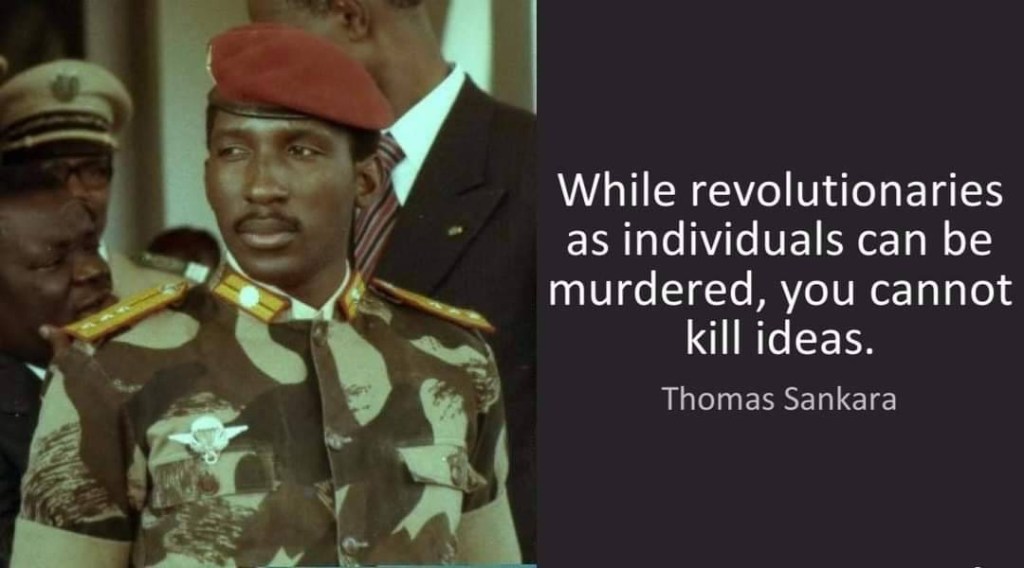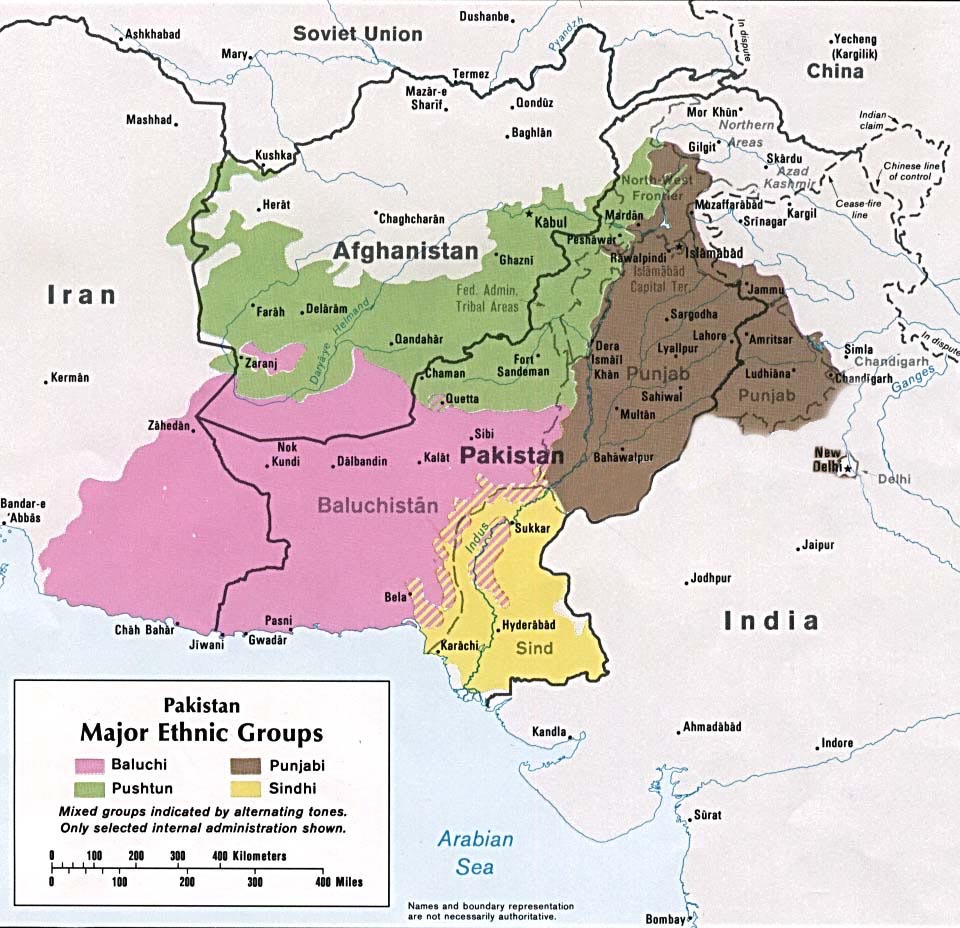Multiple Americans Arrested in African Nation After Alleged Involvement in Deadly Coup Attempt that Left 3 Killed
Violence flared Sunday in the capital of the Democratic Republic of Congo as what officials are calling a coup attempt crumbled, leaving the purported leader of the attempt dead, according to reports.
Army spokesman Sylvain Ekenge said Christian Malanga, a Congolese politician based in the U.S., was killed after he led the attempted coup in the capital of Kinshasa.
Related:
Congolese Army Says It Foiled a Coup Involving Americans
Congo is a focus of American policy in Africa for its deep reserves of cobalt, a key mineral in the production of electric vehicles. China owns or controls most of Congo’s cobalt-producing sites, a source of concern to the Biden administration.
…
The assailants then moved toward the presidential palace, the Congolese news media reported. At the same time Christian Malanga, an exiled opponent of the Congolese government who runs a minor opposition party, posted a livestream video in which he appeared to be leading the attack.
…
A website in Mr. Malanga’s name said that his family settled in Salt Lake City in the 1990s as part of a refugee resettlement program. He participated in the U.S. Army Junior Reserve Officers’ Training Corps, it said.
Christian Malanga – Wikipedia
Ambassador to the International Religious Freedom Roundtable
On 12 December 2013, Malanga was appointed the first ever ambassador of the International Religious Freedom Roundtable, a collection of 52 NGOs and leaders in Washington DC, at a ceremony in the US Capitol Building. Malanga had been tasked by the organization to raise awareness of religious intolerance throughout Sub-Saharan Africa.
…
African Leaders Programme
In 2016, with the help from the British government, he provided his members with the opportunity for a case study in the Republic of Georgia. Malanga created a delegation of leaders who traveled to Georgia for the African Leaders Programme, to learn how to fight against corruption, reform fiscal policy and tax systems, privatize state-owned enterprises, build a welfare system for those most in need, create a competitive education and healthcare system, and streamline procurement. The conference took place at the National Parliamentary Library of Georgia. The delegation worked with Georgian policymakers to strengthen the United Congolese Party’s economic plan.



You must be logged in to post a comment.